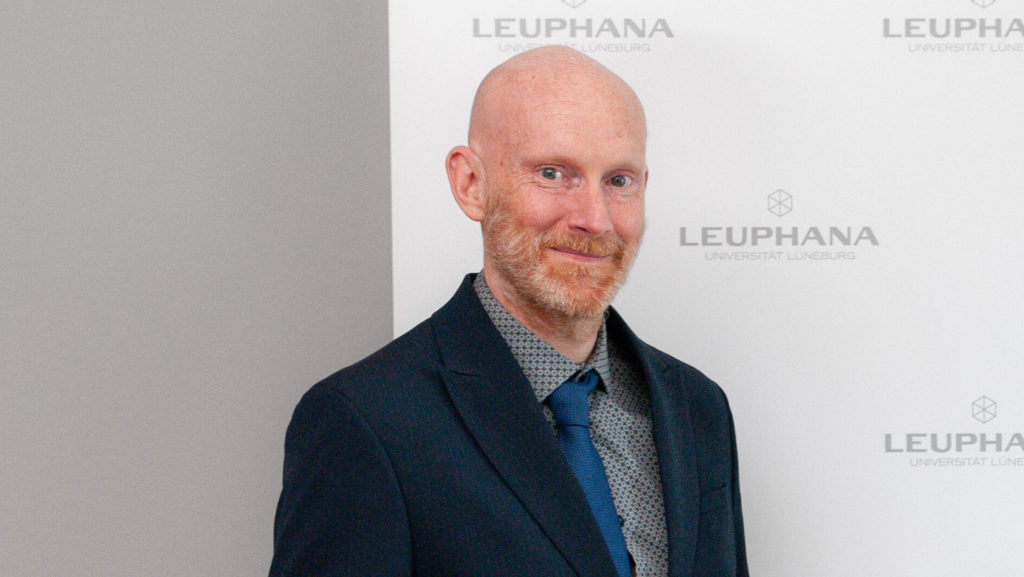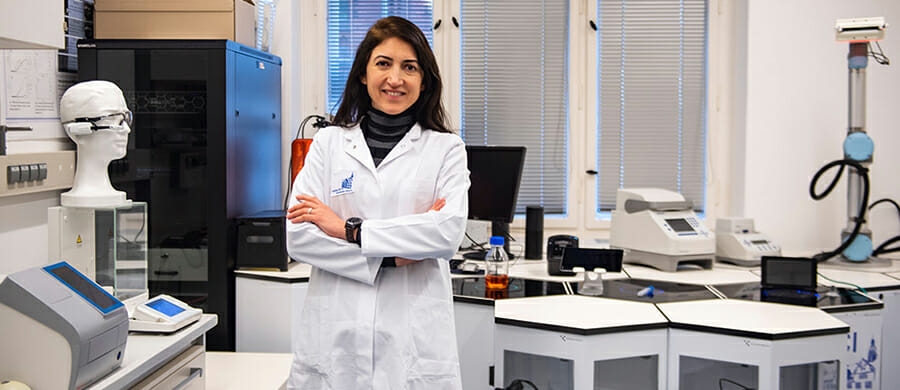Leuphana University Lüneburg
Social-Ecological Systems Institute
DATA & FACTS
Project
Mainstreaming Social-Ecological Sufficiency: Closing the sustainable consumption gap between societal demand and ecological limits (MaSES)
Scientific contact
Prof. Dr. David Abson
EU-Funding line
ERC Consolidator Grant
Keywords
Awards, Sustainability, socio-ecological sufficiency
Projektleitung: Prof. Dr.-Ing. Arno Kwade
Projektname: „Li-Ion Pilot Lines Network“ (LiPLANET)
Keywords: Energie, Mobilität, Partner
ERC grant for David Abson for his project on socio-ecological sufficiency
Dr. David Abson, Junior Professor of Sustainability Economics and Assessment at Leuphana University Lüneburg, has been awarded one of the coveted ERC Consolidator Grants. The European Research Council (ERC) is thus funding his outstanding and forward-looking scientific work with around two million euros over the next five years. Abson’s research addresses the problem that global production and consumption patterns are fundamentally unsustainable, threatening important processes on our planet that are essential for maintaining ecological functioning and the long-term survival of humanity.
The scientist’s chosen research approach is novel. He pursues the concept of socio-ecological sufficiency, that is, ensuring a socially satisfactory standard of living while using natural resources in an ecologically sustainable manner. At issue is the question of how much economic activity is really necessary in the face of global ecological overload.
Abson intends to explore the topic with an interdisciplinary team of scientists and practitioners. The work program envisages looking at both the global and national levels, down to individual households. Germany will be a case study in the research. The research program is also innovative in terms of its methodology, aiming to fill crucial knowledge gaps and inform society about what constitutes sustainable consumption choices.
David Abson is very excited about the funding commitment, which launches a new phase of his academic research, “I believe that the concept of sufficiency, what it means to have ‘enough,’ is an extremely important and so far under-researched idea in the sustainability discussion. I hope that this project can help make the concept of sufficiency more tangible for people who want to live sustainably and better understand the social and environmental impacts of their consumption choices.”

Author: Henning Zühlsdorff
Date: January 2023
This might also interest you…

Project: ScaleUp4Sustainability
New approaches to collaboration between students and companies developed in Germany, Sweden and the Netherlands. Between 2018 and 2022, the University of Oldenburg coordinated a consortium consisting of two universities (besides Oldenburg, the University of Linköping, SE), 6 companies (including the Oldenburg companies EWE Aktiengesellschaft…

Project: decades
The chemical industry is currently facing the challenging transformation of replacing classic, chemical manufacturing processes based on petroleum with sustainable, bio-based products, in line with the concept of a circular bioeconomy. Solvents, in particular, play a crucial role in the chemical industry along the entire production chain.
